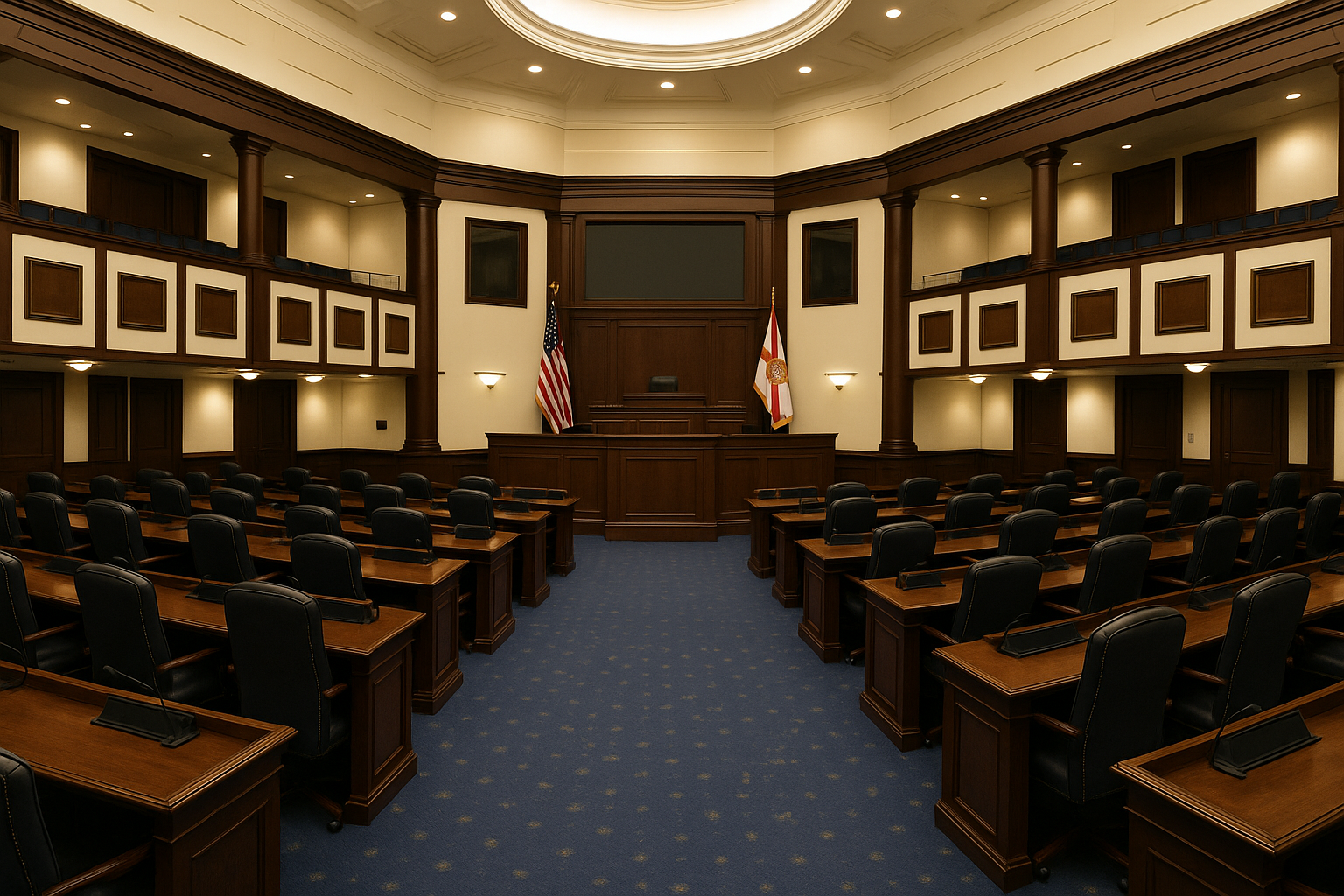In a precedent-setting decision with broad implications for tech companies, consumers, insurers, and the legal community, a federal judge in Florida has ruled that the output of artificial intelligence chatbots is not protected speech under the First Amendment.
The ruling comes in a tragic and highly sensitive context. Megan Garcia filed suit against Character Technologies, the developer of Character A.I., after the suicide of her 14-year-old son, Sewell Setzer III. According to the complaint, Setzer developed an intense emotional attachment to AI-generated personas based on "Game of Thrones" characters. In one exchange, the Daenerys chatbot allegedly encouraged the boy to “come home,” shortly before he took his own life. The lawsuit names Character Technologies, its founders, and Google as defendants, asserting claims of wrongful death, negligence, product liability, and unfair business practices.
Character Technologies sought to dismiss the case by arguing that the chatbot’s output is protected expressive speech, likening its function to music lyrics or fictional works. U.S. District Judge Anne Conway rejected that argument, stating clearly that the AI’s output does not constitute protected speech under the First Amendment. “Defendants fail to articulate why words strung together by an LLM are speech,” she wrote. The opinion emphasizes that comparisons to protected creative works fall short when applied to automated, generative outputs that do not originate from human authorship.
From a consumer protection standpoint, this ruling may signal a meaningful shift in how courts view responsibility for harm caused by AI applications. If chatbot interactions can result in psychological or emotional consequences - and the entities behind them cannot hide behind First Amendment defenses - platforms may face increased scrutiny regarding safety protocols and content moderation. For parents and advocates, the decision is likely to be seen as an overdue acknowledgment that real harm can result from digital interactions that feel intimate, even if they are machine-generated.
For insurers, the ruling introduces a heightened layer of risk exposure for technology clients developing AI-based platforms, particularly those targeting - or accessible to - young users. General liability, products liability, and even media liability coverages may all be implicated in litigation where AI interactions are alleged to have contributed to harm. The inability to rely on constitutional protections raises the stakes for underwriters, claims handlers, and reinsurers, who will now need to evaluate not only the function of AI platforms, but the adequacy of safety measures, age restrictions, and content governance systems.
For attorneys, the court’s analysis provides a first look at how judicial reasoning may evolve around AI speech. The decision stops short of classifying AI as incapable of speech categorically, but it draws a clear distinction: the protection of expressive content under the First Amendment does not automatically extend to the outputs of language models absent a direct link to human authorship or intention. Legal counsel advising tech companies or litigating emerging AI cases will need to monitor this line of reasoning closely as more courts weigh in.
Importantly, the ruling does not end the case. Character Technologies maintains that it intends to continue defending on the merits, and the court declined to resolve all constitutional arguments at this stage. Still, the order sets a clear tone: AI systems that simulate human interaction do not enjoy the same protections as actual human speech. For now, that makes them more accountable - and more exposed.
Florida Judge Rules AI Chat Not Protected Speech: A Critical Shift in Platform Liability

- May 29, 2025
Keep Reading
Check out more content from Caliber Law.
May 18, 2025
Self-defense insurance is quietly becoming a major player in the intersection of insurance and civil litigation....
May 5, 2025
During the 2025 legislative session, Florida lawmakers considered House Bill 1551 and its companion, Senate Bill 426,...
May 5, 2025
On January 1, 2025, civil litigation in Florida entered a new era. Following a series of sweeping amendments to the...




